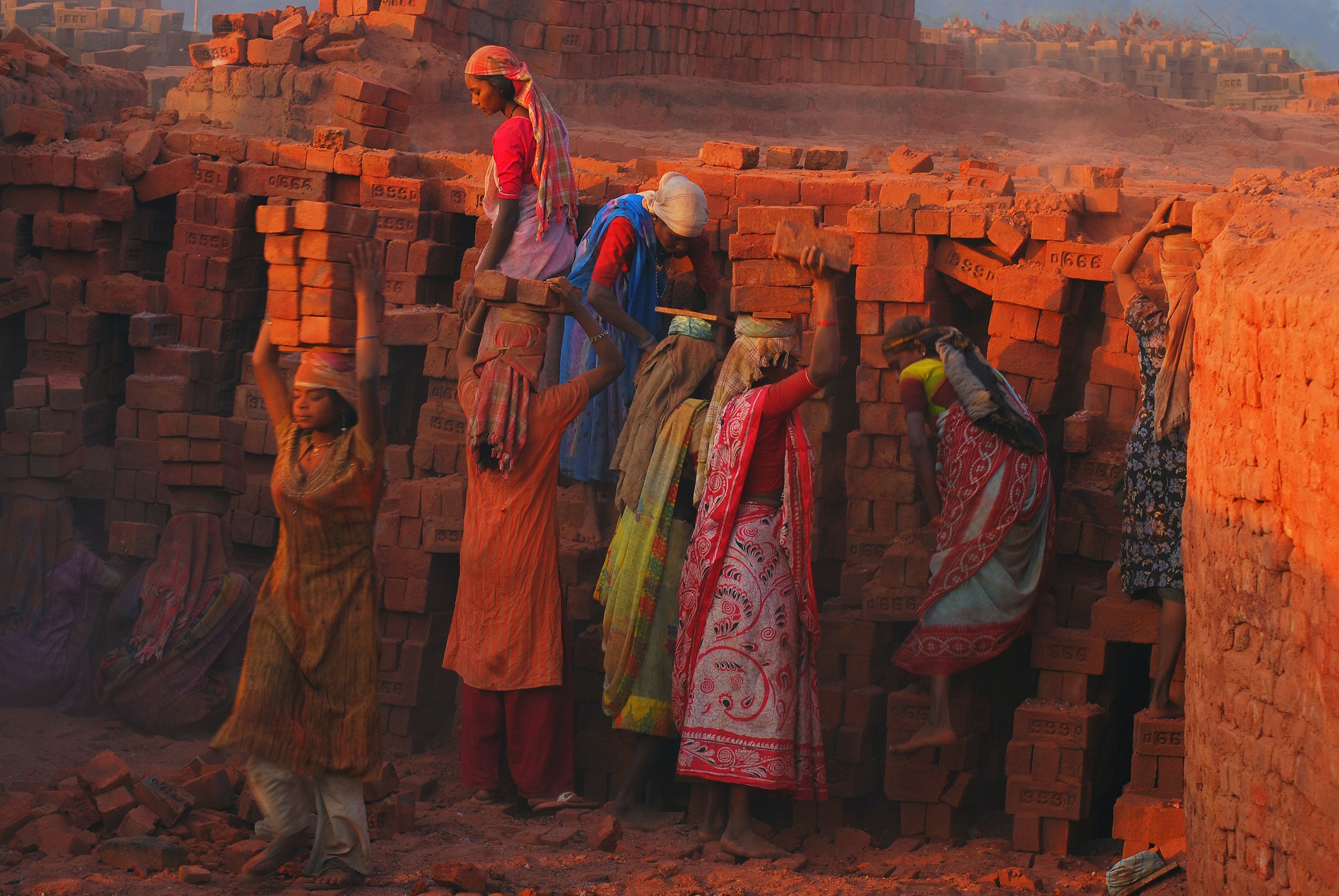The announcement of a nationwide lockdown on the March 24th of this year forced tens of thousands of migrant labourers out of industrial towns, leaving them without a job or source of income. Deprived of work and livelihood, they began their harrowing journeys home on foot, bicycle, or piled into trucks traveling from a few hundred to thousands of kilometres.
Overnight the cities and economies these workers helped flourish had turned their backs on them, as the services meant to transport them home were suspended. Most of the wage earners were accompanied by their families including many young children and pregnant women, the lives they had dreamt of packed away into threadbare bags. Many lost their lives during the journey, and some have still not recovered from the losses they suffered.
Fast forward to the third phase of India’s lockdown: In May, Indian cities opened their economies raising the demand for labour. Often, governments are expected to provide help to the vulnerable during a pandemic. Yet instead of giving workers the job security and resources they needed, governments of three predominantly agricultural states— Uttar Pradesh, Madhya Pradesh, and Gujarat—commenced changes to labour laws. These have largely benefitted industries, leaving informal labour more vulnerable than ever.
Changes include deregulation efforts which make it much easier for large firms to hire and fire workers and regulations that allow firms to increase the daily shift length from 8 to 12 hours, increasing the work week for many to 72 hours. This last move is controversial because global and International Labour Organisation (ILO) norms mandate a 48 hour work week.
Additionally, the government of one of the three states, Uttar Pradesh, has approved the suspension of 35 of 38 labour-related laws for 3 years, barring some legislation related to the abolition of child and bonded labour while barring yet other legislation related to the protection of women employees and workers harmed by industries. Thousands of migrant labourers have now returned to Uttar Pradesh, and when they start looking for jobs, they will do so with fewer guarantees for their health and safety than in previous years.
The government of the three states passed these changes as ordinances in August, which means that they must be approved by the state legislature within the next six months to be established as laws. The official justification given for the changes was to bolster industries and create more jobs for the migrant labourers forced out of urban cities during the early days of the pandemic. Industry body FICCI welcomed the long-awaited reforms and tweeted, “This will boost economic activities and attract investments. It will lead to holistic industrial growth supporting the workforce and creating job opportunities.”
The COVID-19 lockdown has shed light on the pre-existing vulnerabilities and economic imbalance of India’s labour force. When the lockdown was put in place, informal workers weren’t ‘escaping’ poor working conditions, wage deficits, or other work-related grievances; they were simply returning home to their families because of the harsh conditions of the pandemic. The major dislocation of labour that resulted has exposed underlying structural weaknesses in India’s economy.
Post-pandemic, workers grievances are likely to increase, given the recent actions of state governments. Not only will they have to leave their homes again to return to work in larger towns, but the jobs that will be waiting for them will be more precarious and will impose harsher conditions than before.
In India, the COVID-19 pandemic has aggravated serious pre-existing structural issues that have, until now, remained hidden. Given the newly introduced legislation, it seems that informal waged labour will disproportionately pay the price for this.
Edited by Ines Navarre.
Photo credits: “Women working at a brick factory in India” by Pop & Zebra, published on June 4, 2020, under Unsplash License. No changes were made.
Mehak Balwani is in her third year at McGill University, currently pursuing a B.A. in International Development and English Literature.

